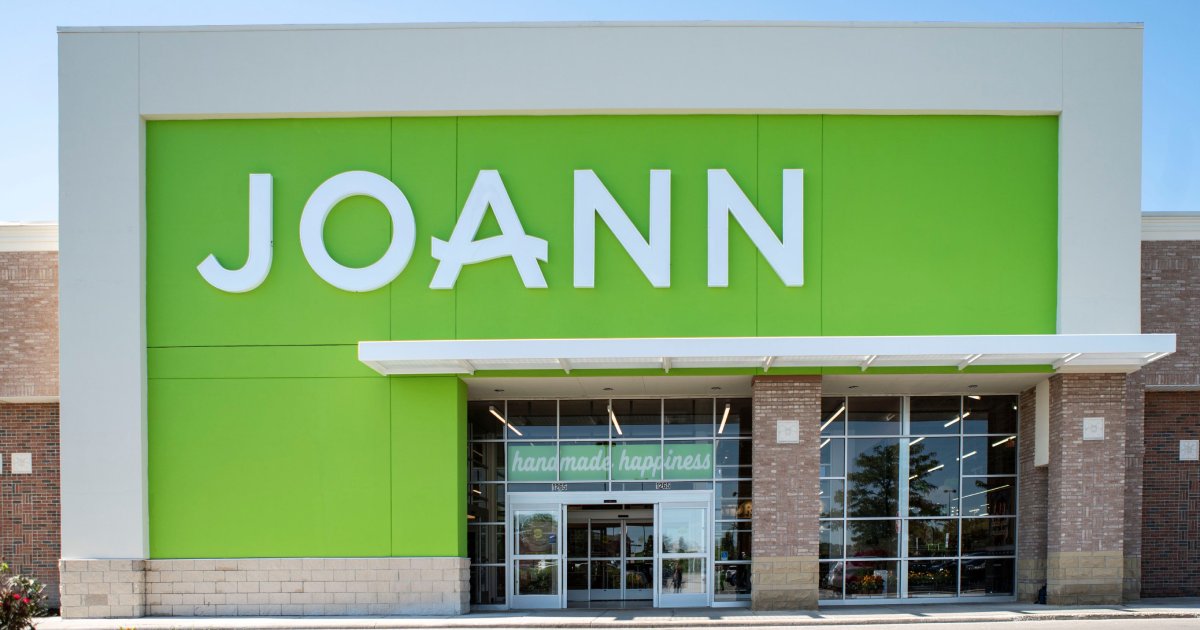How Bankruptcies are Affecting Business Strategies

By Mark Seavy
The recent spate of bankruptcies involving companies like Joann Fabrics, Delta Apparel, and Chicken Soup of the Soul will likely signal significant changes in business strategies moving forward.
Unlike the steady stream of bankruptcies and liquidations seen during the pandemic, these recent filings appear more limited. As a result, this raft of bankruptcies could lay the groundwork for the return of a slimmed down version of these companies.
Joann, for example, sought bankruptcy protection in March and emerged a little over a month later. It became a privately held company with many of its 822 stores intact and Leonard Green Partners, which bought the chain in 2011, as the majority owner. At the same time, the chain shed about half of its $1.1 billion debt and gained $153 million in new funding.
Additionally, Joann embarked on a new brand campaign positioning itself as “Jo-And,” a chain now targeting Gen Z crafters with influencer marketing and paid advertising with a focus on social media. It also retained many of its key suppliers, including Spinrite Yarns (knitting needles, embroidery materials), which was owed $12.3 million, and Lion Brand Yarns (knitting and crochet products), which was owed $7.1 million.
Delta Apparel, meanwhile, suffered from rising cotton prices and sluggish sales when it sought bankruptcy in late June with plans to sell its Salt Life brand to FCM Saltwater Holdings for $28 million. It acquired Salt Life in 2013 and quickly licensed it out for a range of products including beer, retail stores, stickers, apparel, and restaurants.
The apparel supplier, which has struggled since Fitch Ratings first raised a potential bankruptcy in September, will retain the Soffe apparel brand as well as the DTG2Go print-on-demand business. As part of the restructuring, it closed its sewing plants in Mexico and Honduras, the latter affecting 2,413 workers. Delta appears to have retained its top supplier Parkdale Mills, which was owed $22.5 million and provides yarn and fiber products.
“This heavy lifting across our company was challenging, but it was necessary for us to become a leaner organization, better positioned to navigate the tough operating environment we continue to see across our business,” former CEO Robert Humphreys said in reporting year-end financial results earlier this year.
That difficult operating environment also claimed advertising video-on-demand (AVOD) supplier Chicken Soup of the Soul. The company had struggled since acquiring video rental kiosk supplier Redbox in 2022, just as the streaming service wars were reaching a peak. It also operated the Crackle AVOD service, which it acquired from Sony in 2019.
While Chicken Soup received $20 million in debtor-in-possession financing from Owlpoint IP Opportunities, it is also seeking to sell assets in the face of $970 million of debt. Among its top creditors were Universal Studios Home Entertainment and Productions ($16.7 million) and Sony Pictures Home Entertainment ($9.1 million), as well as Walgreens ($4.9 million) and Walmart ($4.1 million), both of which had Redbox rental kiosks in their stores. Redbox has 24,000 kiosks at retailers across the U.S. and a library of 28,000 film titles, the majority of which were licensed from film studios.
Yet Chicken Soup’s “inability to timely pay content providers has materially diminished the content available across distribution platforms and had adverse effects on the company’s overall business and financial condition,” the company said in court documents.
And while these companies adjust their strategies in an effort to return and become more streamlined following bankruptcies, tightening consumer spending around the world means that many companies will soon need to follow suit in order to avoid similar fates.




